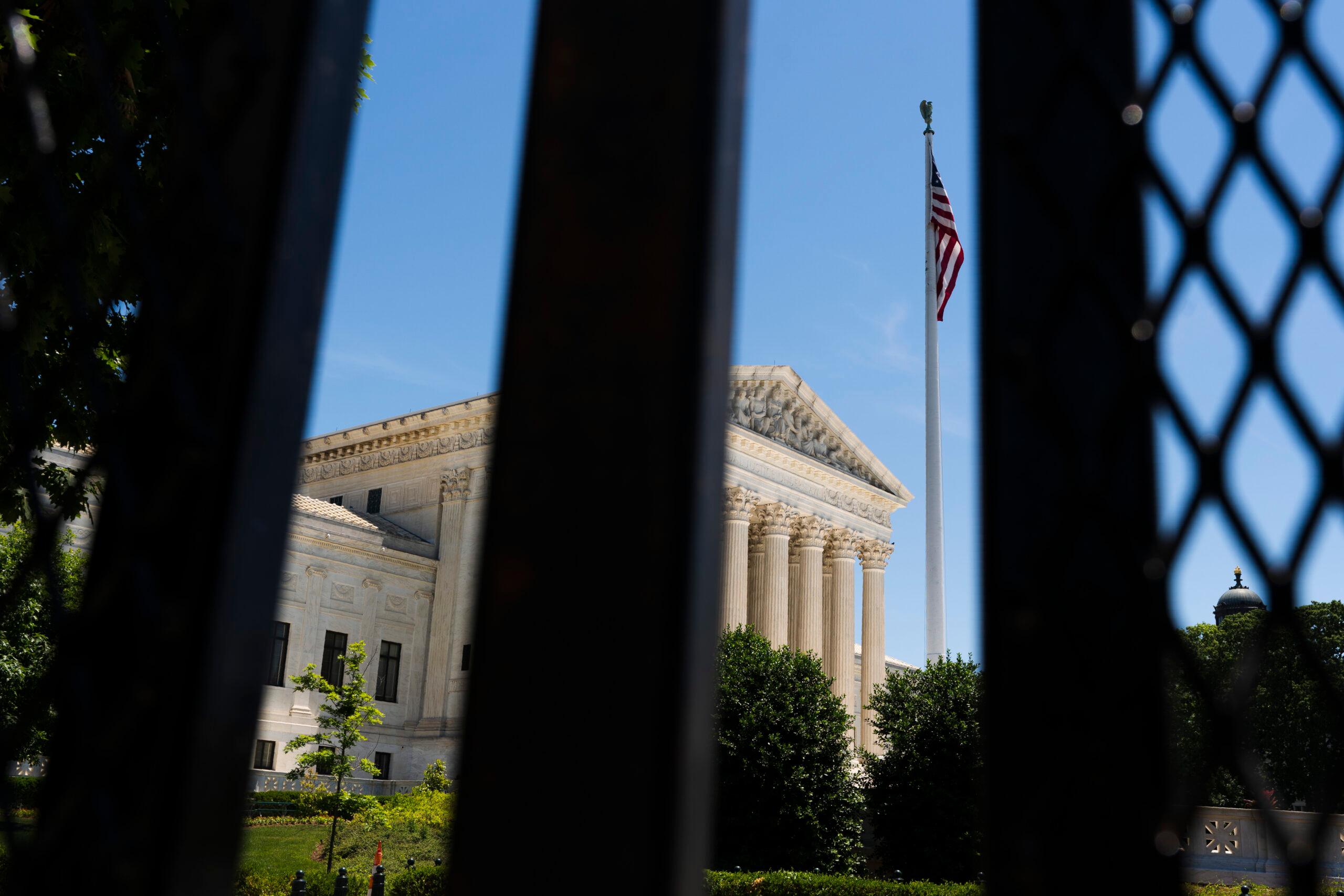
Colorado’s Attorney General on Friday laid out his office’s arguments for an upcoming U.S. Supreme Court case involving a Denver-area graphic designer who says the state’s anti-discrimination laws infringe on her free speech rights.
Phil Weiser, in a written brief, argued that Colorado’s public accommodation law does not violate the protected free speech of business owners. Lorie Smith, the owner of 303 Creative, a graphic design company, is asking the Supreme Court to grant her the right to post a message on her website that she will not design wedding websites for same-sex couples due to her strongly held religious beliefs.
“In essence, 303 Creative does not want to offer its services equally to all customers,” Weiser said in a press conference, where he outlined his argument in defense of state law. “An advertisement that effectively says ‘straight couples only’ is not protected speech under the First Amendment.”
Weiser’s filing is a small procedural step forward in the case, which has been winding its way through Colorado courts for years. Last year, the Denver-based 10th Circuit Court of Appeals issued a 2-1 ruling that Smith’s request would violate Colorado’s Anti-Discrimination Act, and that the act itself does not violate the First Amendment.
Smith appealed the ruling. In February, the Supreme Court agreed to take on the free speech issue of the case — but not the religious freedom aspect.
In other words, the justices will decide whether applying Colorado’s public accommodation law that bans discrimination based on sexual orientation violates the free speech clause of the First Amendment.
Smith and her attorneys argue it does.
“This lawsuit seeks to protect the right of every American to say what they believe without fear of government punishment,” said Jake Warner, an attorney with the Alliance Defending Freedom, the conservative legal group representing Smith.
The case is similar to the 2018 Masterpiece Cakeshop case, in which a Lakewood baker was sued after refusing to make a wedding cake for a gay couple. Unlike Masterpiece, Smith’s case was filed prior to her launching her wedding website design business.
Both sides see the case as one that could potentially settle the constitutional question of whether creative professionals are required to take commissions for same-sex ceremonies, regardless of their religious views on such unions.
“I’ve been waiting for nearly six years to create and design websites to celebrate weddings without Colorado forcing me to say something I don’t believe,” Smith wrote in a National Review column earlier this year. “I’m not just standing for my own freedom to speak freely. Just as I don’t want to be forced to say something contrary to my core convictions, I don’t believe anyone else should be, either.
If legal precedent is any indication, Smith may face an uphill battle at the nation’s highest court. The Supreme Court has ruled in favor of state anti-discrimination laws for decades.
Weiser said his office plans to lean on that history.
“The regulation of conduct to prohibit discrimination is protected activity and is really critical that we not break from that line,” Weiser said. “When a business says we're open to the public, that means they have to serve all members of the public.”
ADF, the organization representing Smith, will now have an opportunity to file a response to Weiser’s brief. Both sides are expected to deliver oral arguments in October.
CPR’s Allison Sherry contributed to this report.








